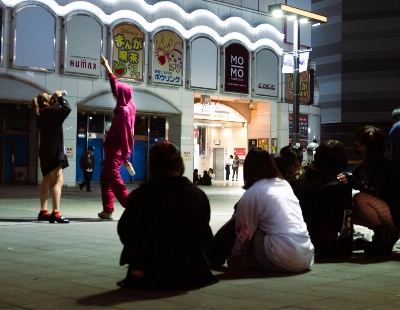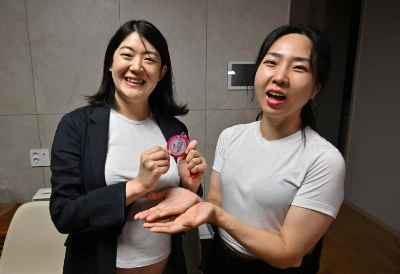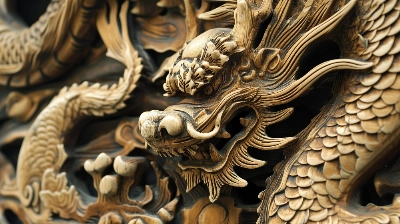The government of Prime Minister Shigeru Ishiba overcame its first major hurdle of the year Tuesday, as the Lower House approved a ¥115.2 trillion ($772 billion) revised budget proposal for fiscal 2025 — a milestone widely seen as essential for the survival of his administration.
The budget proposal was backed by 258 lawmakers, enough to form a majority with the ruling Liberal Democratic Party-Komeito coalition, which only holds 220 out of 465 seats. It reflects significant compromises the coalition made to Nippon Ishin no Kai on areas such as education and social security.
It’s the first time in 29 years that the Lower House has approved a revised version of a budget proposal from the government for an upcoming fiscal year.



















With your current subscription plan you can comment on stories. However, before writing your first comment, please create a display name in the Profile section of your subscriber account page.